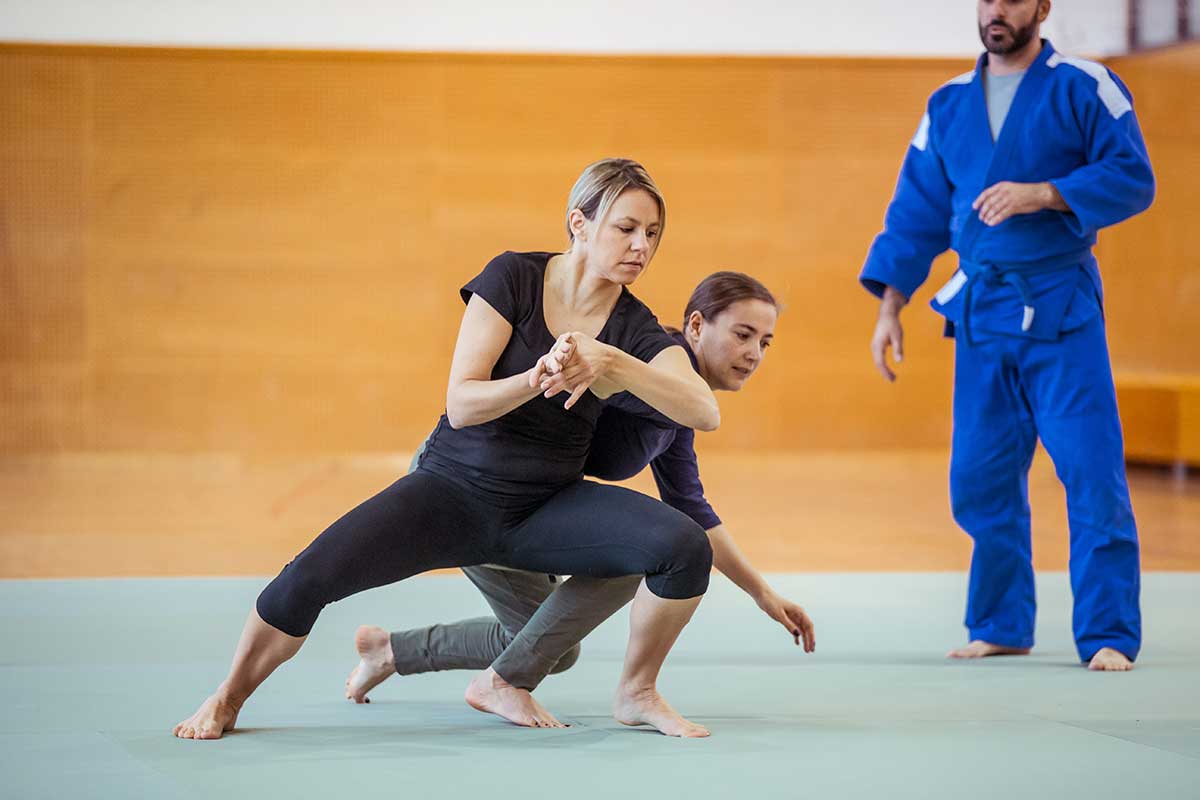The increasing crime rate in many places around the world has necessitated prioritizing personal safety. Whether navigating a secluded area or walking alone at night, understanding self-defense can be handy in several instances. Although physical strength plays a crucial role in self-defense, it involves various other things. This post will show you 7 vital self-defense tips to safeguard yourself.
1. Master situational awareness
Being aware of your
surroundings is one of the most important ways to defend yourself. Apart from
helping you take note of any potential problems, this tip also gives you more
reaction time. It may also discourage potential attackers from attempting to attack
you.
Situational awareness
involves looking around your environment to observe things happening around
you. Also, avoid using your mobile phone while walking as phone usage can
distract you and make you oblivious to any impending danger.
2. Use target denial
Target denial is a
strategy for avoiding a situation or individual that might harm you. It
encourages you to get away from potential attacks before experiencing them.
Target denial requires you to be aware of your surroundings and act promptly
when your instinct informs you of any possible danger.
For instance, if you
feel an individual walking towards you might harm you, cross to the other side
of the road. This strategy allows you to avoid possible threats from the
person.
3. Let your body language exude
confidence
Many human predators
target vulnerable or weak individuals as they usually present less resistance
to the attack. So, if an attacker feels you are weak and not confident, they
will not hesitate to threaten you. To reduce the likelihood of being attacked,
you should make yourself look confident as this will make you look strong and
capable of resisting any attack. Walk and talk confidently without losing
awareness of your environment.
4. Set clear boundaries
Most attacks don’t
occur without certain warnings. Setting boundaries can make it easy for you to
avoid conflicts leading to threats. Therefore, make sure you set boundaries
through verbal and non-verbal communication. Be firm and clear with the
boundaries you set. Say “stop”, “get away”, “you are too close, move away”,
etc. if you ever feel threatened. Be assertive as you say these things.
Increase the volume as you repeat these words if the person doesn’t back off.
5. Keep a safe distance
The distance between
you and a potential attacker can make a massive difference in how you react to
a threat. Being too close to a person makes it easy for them to attack you.
Besides, a potential attacker will likely move closer to you to test your readiness
to fight back if attacked. Therefore, always keep an arms-length distance and
be aware of their movements. This doesn’t only help you deal with attacks but
also discourages a potential assailant from attacking you.
6. Equip yourself with self-defense
tools and know how to use them
Regardless of how you
try to prevent attacks, you may still experience them. So, it’s paramount to
keep self-defense tools within your reach. Most of these tools are designed to
help you disarm an attacker or weaken them and give you enough time to escape.
Self-defense products come in different types and sizes with various functions.
Typical examples of these tools include self-defense keychains, personal
alarms, pepper sprays, stun guns, cat ears, and small knives.
It is not enough to
have these tools. You must also know how to use them as this is the only way to
maximize their benefits.
7. Learn basic self-defense techniques
Along with self-defense
tools, self-defense techniques can help you defend yourself when attacked. You
can attend a self-defense class to learn basic skills like kicks, palm strikes,
eye strikes, knee strikes, elbow strikes, etc. These skills are easy to master
and can be used by anyone. Learning more technical martial arts techniques like
jiu jitsu, boxing, muay Thai, etc. can also be helpful. Practice your skills
regularly so that you can respond appropriately if threatened.
In a nutshell, these self-defense tips can guarantee your personal safety when faced with difficult situations. Always be vigilant of your environment, prioritize your safety in any situation, and be prepared to use your self-defense skills to protect yourself.



Comments
Post a Comment